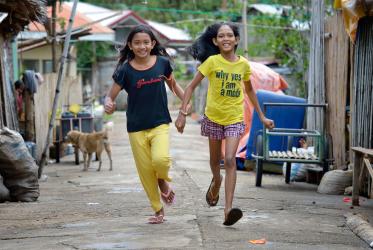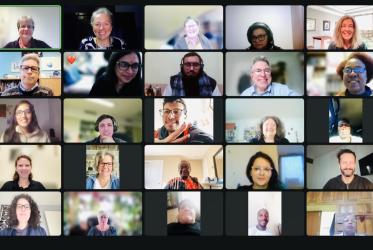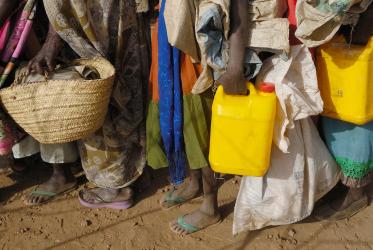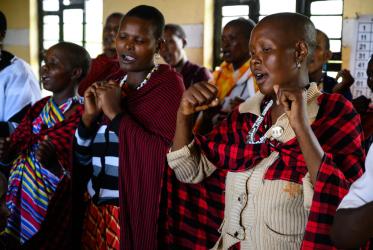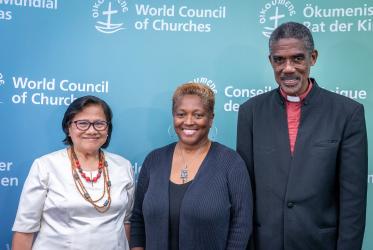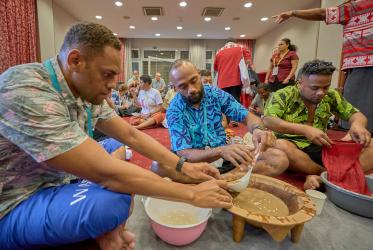Displaying 161 - 180 of 1668
2022 Social Forum: Water for human rights and sustainable development
03 - 04 November 2022
Palais des Nations in Geneva, Switzerland
World’s churches converge on Germany city of Karlsruhe to pray and act
16 September 2022
Uppsala 1968: The times, they were a’changing
06 September 2022
Indigenous women struggle for identity in Asia and beyond
05 September 2022
Regional perspectives brought to the 11th Assembly
05 September 2022
Health-Promoting Churches Volume III
Contextual Bible Studies on Health and Healing
04 September 2022
